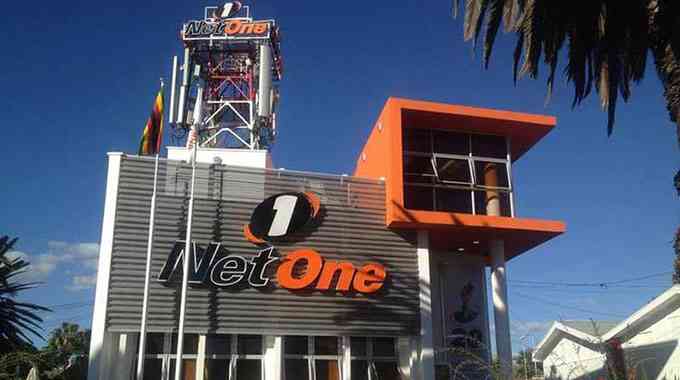
A recent survey – showing that where regional telecoms operators are charging about US$0.09 per minute for voice calls, Zimbabwean Mobile Network Operators (MNOs) are charging the equivalent of less than US$0.01 (or ZWL$289) – has given rise to calls for a tariff review. The comparison, demonstrating that local tariffs are now about 80% cheaper than regional telecom prices, has raised concerns and prompted analysts to urge the government to review local mobile network operator tariffs upwards, to safeguard the viability of the industry. “The current local tariffs not only diverge from regional standards but also fail to reflect the true cost of providing quality telecommunications services,” remarked economic analyst Francis Mukora.He cautioned that unless tariffs are adjusted to align with market realities, the country risks lagging further behind in the digital age.The comments follow a recent survey revealing that voice call tariffs by NetOne, Econet, and Telecel have remained unchanged since October last year at ZWL$188.8214 per minute, approximately US$0.012 at the official exchange rate of $15 000:US$1, or US$0.009 at the unofficial parallel rate of ZWL$21 000:US$1, while 1MB of data now costs ZWL$29.8781, roughly about US$0.002.Comparable rates in other SADC countries underscore the stark difference. For example, MTN in Zambia charges US$0.0657 per minute for voice calls and US$0.0525/MB for data. Similarly, Vodacom customers in South Africa pay US$0.1025 for voice calls and US$0.079/MB for data. In Namibia, MTC prices its voice calls at US$0.0789 per minute and data at US$0.04/MB, while Airtel in Malawi charges US$0.065 per minute and US$0.013/MB. In Botswana, BTC’s rates stand at US$0.0966 per minute for voice calls and US$0.0725/MB for data. These cost-reflective tariffs allow for investment in network upgrades and improved service quality. But analysts have cautioned that the exceedingly low tariffs are impeding investment in vital network upgrades. "A well-structured tariff review can break this cycle and allow for sustainable growth in the industry," added one analyst.Economist Vince Musewe noted that the low tariffs are hindering Zimbabwe's progress in the digital age. “We need a tariff structure that facilitates network upgrades and enables broader internet access for the population,” he said.Mike Tabvura, another economist, echoed Musewe’s sentiments, saying the current situation perpetuates a vicious cycle. “Low tariffs deter investment, leading to diminished service quality, dropped connections, and sluggish internet speeds, thereby dissuading subscribers and further diminishing revenue for MNOs,” he said. Consumer advocate Michelle Madamombe emphasized the importance of ensuring that any tariff revisions prioritizes affordability for the public. “Excessively high tariffs can exacerbate existing inequalities and further marginalize low-income communities," she warned.ICT Minister Tendai Mavetera recently acknowledged that local tariffs are now lower compared to the region. “We are striving to ensure that telecommunication operators can provide efficient service while ensuring consumers receive reliable service,” she affirmed. In addition to low tariffs, Zimbabwe’s telecommunications industry is also battling foreign currency shortages. The industry needs foreign currency for the procurement of software and hardware, to alleviate excessive power outages in the face of rising fuel and operation costs and vandalism, among other challenges.






